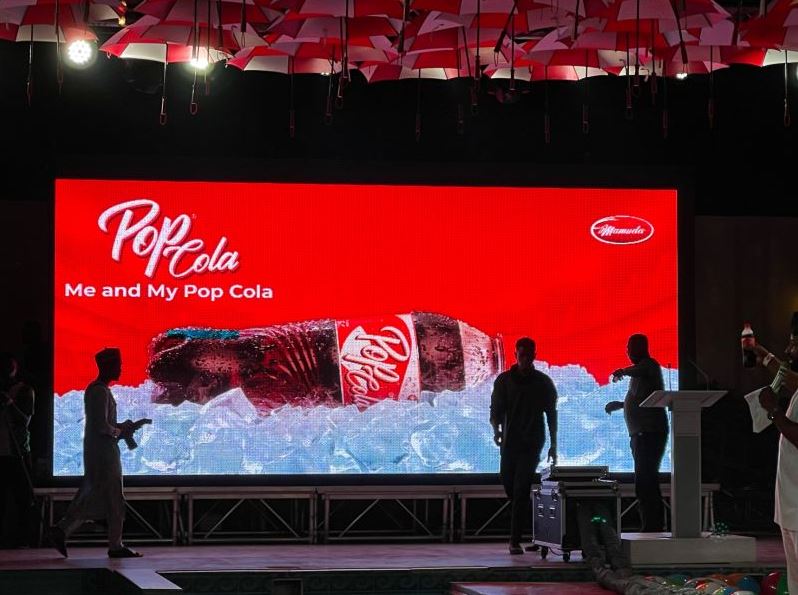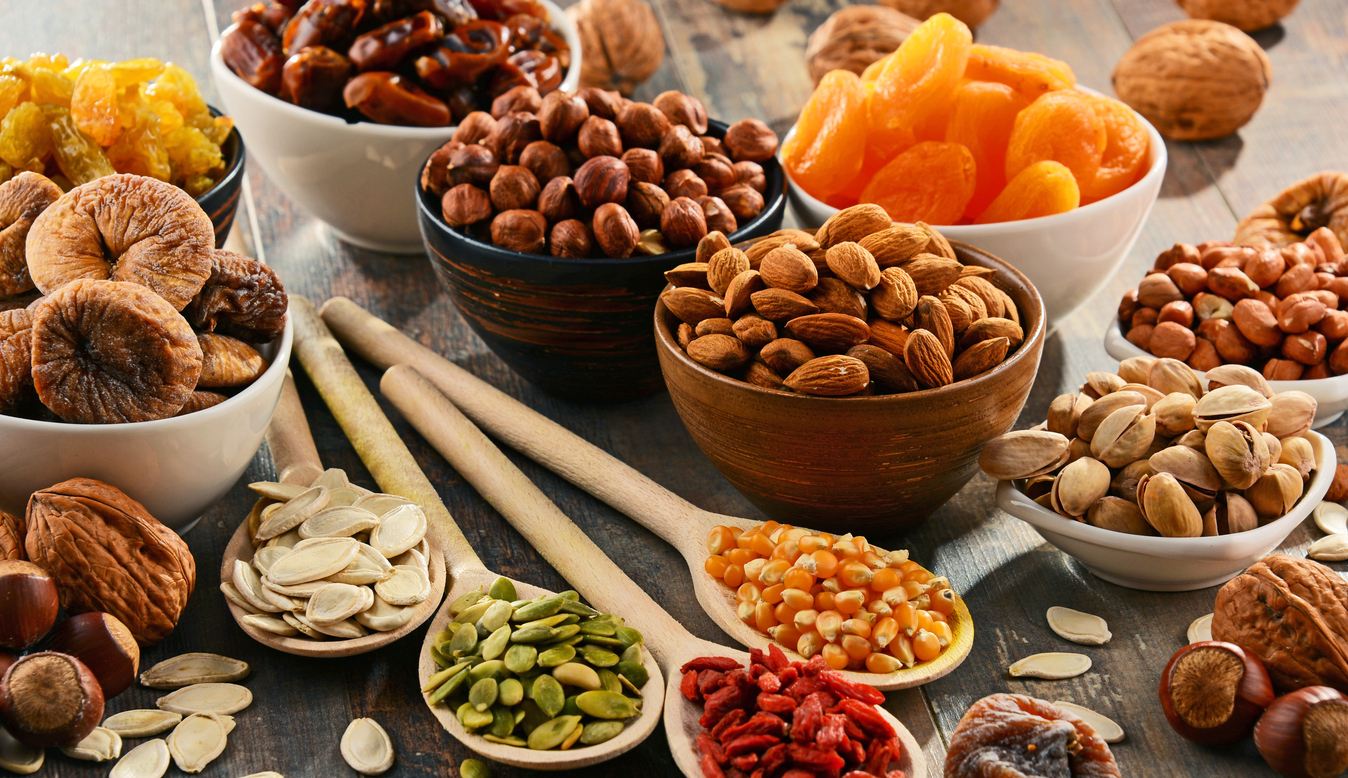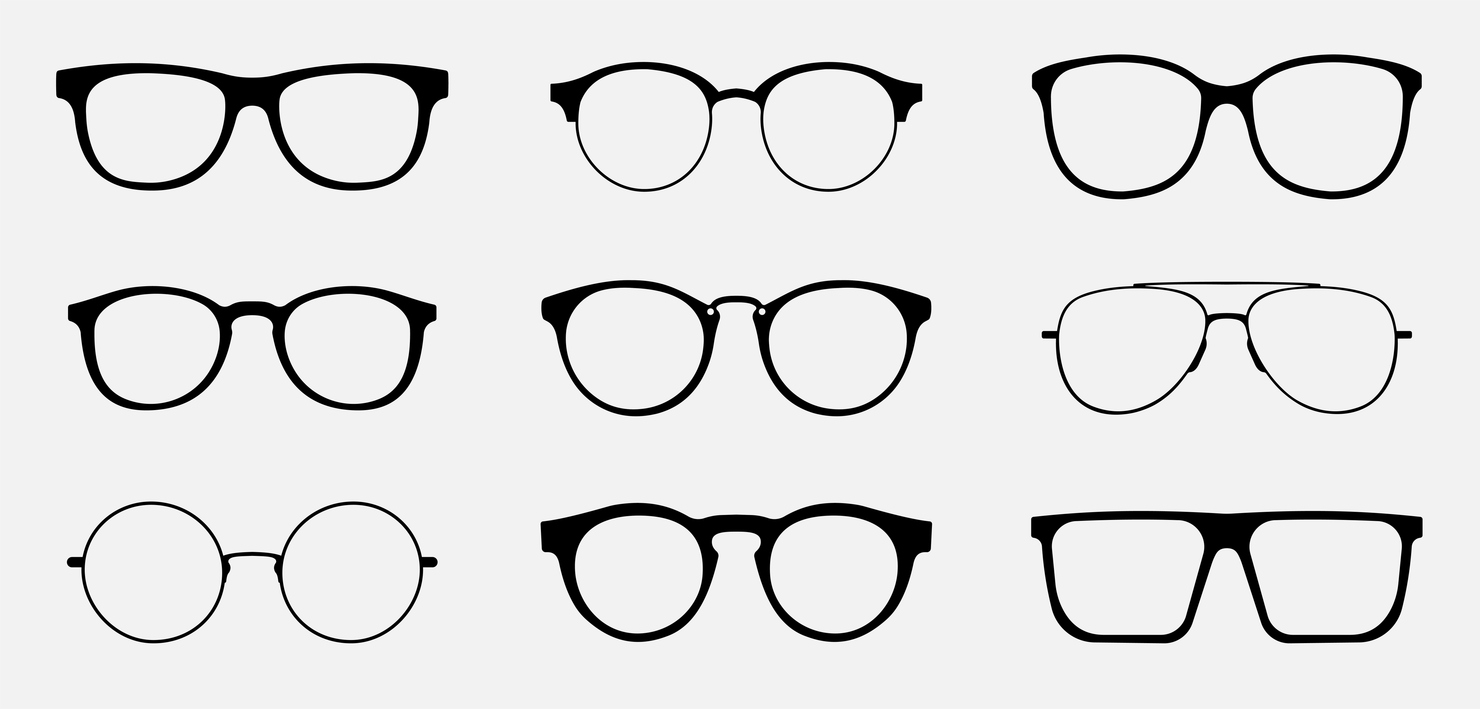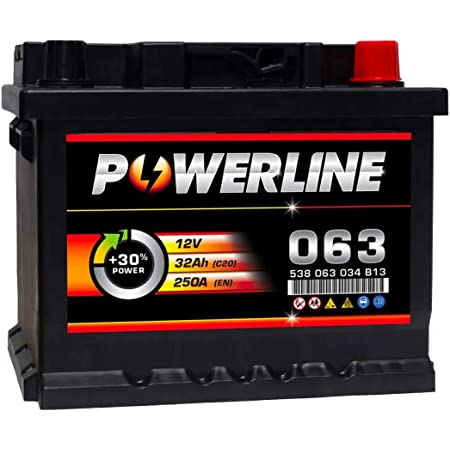Coca Cola Vs Pop Cola: Trademark Dispute in Nigeria.
Coca Cola Vs Pop Cola: Trademark Dispute in Nigeria.
The Coca-Cola Company is suing Nigerian drinks company, Mamuda Beverages Nigeria Limited for infringing on the Trademark of Coca-Cola in Nigeria. Coca-Cola filed a lawsuit against Mamuda Beverages Nigeria limited that claims the latter has been using the word ‘pop’ when selling its fizzy drink in Nigeria for years. The issue at hand is whether Pop Cola, a product sold by Mamuda Beverages Nigeria limited, is an infringement on the Coca-Cola trademark.
Coca Cola Vs Pop Cola
According to a report by Bloomberg, sources close to the situation have revealed that Coca-Cola is suing Mamuda for trademark infringement. Coca-Cola has filed a lawsuit in a Nigerian court against Mamuda Beverages. The lawsuit seeks punitive damages and an order from the court to stop using the word ‘pop’ when referring to their products.
The issue revolves around whether Pop Cola, a product sold by Mamuda Beverages, infringes on the trademark of Coca-Cola. Coca-Cola alleges that the pop being marketed by Mamuda does not meet Nigerian traditional standards and poses public health risks. The company also alleges that Pop Cola’s tagline ‘pop it in your mouth’, which derives from a song of the same title sung in Nigerian dialect, was too similar to its trademarked “open happiness.”
Coca-Cola maintains that there are similarities between its trademark and Pop Cola’s branding which could lead customers to wrongly believe they are affiliated with one another. In response, Mamuda Beverages has argued that consumption of their drink is unlikely to cause confusion among consumers because their target market is different from that of Coca-Cola Company.
In addition, they maintain that consumption of their drink is unlikely to lead
The Trademark Dispute in Nigeria
Coca-Cola has filed a lawsuit against Mamuda Beverages Nigeria limited, claiming that the latter has been infringing on the trademark of Coca-Cola in Nigeria for years by using the word ‘pop’.
The legal issue at hand is whether or not Pop Cola, a product sold by Mamuda Beverages, is an infringement on the trademark of Coca-Cola.
Coca-Cola argues that Pop Cola is an infringement of its trademark as it comprises words from their brand name–Pop and Cola. Conversely, Mamuda Beverages argues that Coca-Cola’s argument lacks merit as there are many other brands which use the word ‘pop’ in their names such as Sprite, Pepsi and 7Up. They have also argued that they have been using ‘pop’ in their branding since before Coca-Cola established a presence in Nigeria.
What is this lawsuit against Mamuda Beverages Nigeria Limited?
The Coca-Cola Company is suing Mamuda Beverages Nigeria Limited for infringing on the trademark of Coca-Cola. If this lawsuit is successful, Mamuda Beverages Nigeria Limited will be required to stop using the word ‘pop’ when selling their fizzy drink in Nigeria.
Some similar cases
The Coca-Cola Company is not the only company that has sued for infringement of trademarks.
In 2012, Starbucks sued a small coffee chain in Thailand called Black Canyon Coffee Co., Ltd for trademark infringement because it used the name “Starbung Coffee.”
Another famous case of trademark infringement is the long-running legal battle between two companies over who could use “Coca-Cola” as their name. As you may know, one of the companies lost the battle and had to change its name to Coca-Cola Enterprises Inc.
And just last year, another company was sued by Nescafé for using their slogan “Nescafé time” without permission.
Pepsi v. The Walt Disney Company
The Coca-Cola Company isn’t the only company that has filed a trademark infringement lawsuit in recent times. In 1994, Pepsi filed a lawsuit against The Walt Disney Company claiming that the latter’s cartoon character, Donald Duck, was an infringement on Pepsi’s “Laughing Boy” logo.
Pepsi argued that The Walt Disney Company copied their design with an intent to confuse customers and make them buy its products.
Pepsi also claimed that the resemblance of Donald Duck to Laughing Boy was too close for comfort and could not be dismissed as coincidence.
Disney claimed that the company had been using images of Donald Duck since 1928, six years before Laughing Boy was created by Pepsi. They also said that there were significant differences between the two logos like color schemes, designs and backgrounds that prevented any confusion among customers.
Nonetheless, in 1995, Judge Robert L. Carter handed down his decision in favor of Pepsi; he ruled that it would be difficult to find any person who might confuse the two logos due to “substantial differences between the two images”.
Pampers v. Kimberly-Clark
In 1990, Kimberly-Clark sold a line of children’s clothing under the “Pampers” mark. In 2003, Kimberly-Clark filed a trademark application for a design mark on children’s clothing to be used in association with diapers. This application was approved in 2007.
In 2005, Procter & Gamble acquired the Pampers brand from Kimberly-Clark and began selling Pampers products in competition with Kimberly-Clark. The court ruled that Procter & Gamble had abandoned the trademarks for all goods not relating to diapers as early as 2003 because it did not use those marks for many years and failed to respond to Kimberly-Clark’s cease and desist letter.
As such, the court found that the plaintiff has shown ownership of its registered trademark and will prevail against both defendants who are infringing on its trademark.
Nestlé v. Unilever
In the case of Nestlé v. Unilever, The Court of Justice of the European Union ruled that a trademark owner who has a word mark, which consists only of a descriptive term, does not have exclusive rights to use that term as a common name for the goods in respect of which it is registered.
In other words, because Pop Cola is a descriptive term and not fanciful, Coca-Cola cannot claim exclusive rights to its use. The company can only prevent others from using its trademark as part of their brand name or as an alternative name for their products.
Conclusion
The second paragraph of the blog post is about the trademark dispute in Nigeria. A trademark is a distinctive symbol or words, used to identify the source of goods or services. If you want to protect your trademark, you can register it with the government.
The company Coca-Cola filed a lawsuit against Mamuda Beverages Nigeria Limited. The company is claiming that Mamuda Beverages Nigeria Limited is infringing on their trademark. Coca-Cola is suing for an injunction to stop Mamuda Beverages Nigeria Limited from using their trademark, as well as damages and legal fees. Coca-Cola’s trademark is “Coca-Cola” and is registered with the Nigerian government. They are asking for an injunction to stop Mamuda Beverages Nigeria Limited from using their trademark, damages, and legal fees.
This lawsuit against Mamuda Beverages Nigeria Limited is based on infringement of trademark law in Nigeria. Coca-Cola’s trademark in this case is “Coca-Cola” and it is registered in Nigeria. Coca-Cola filed for injunctions to stop Mamuda Beverages Nigeria Limited from using the Coca-Cola trademark, as well as damages and legal fees.








LEAVE A COMMENT
You must be logged in to post a comment.